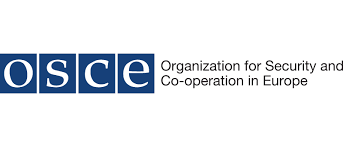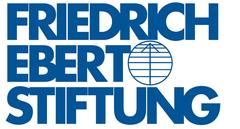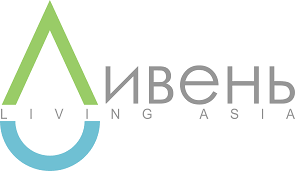On May 12, DKU held a webinar «Air Quality in Cities of Kazakhstan»

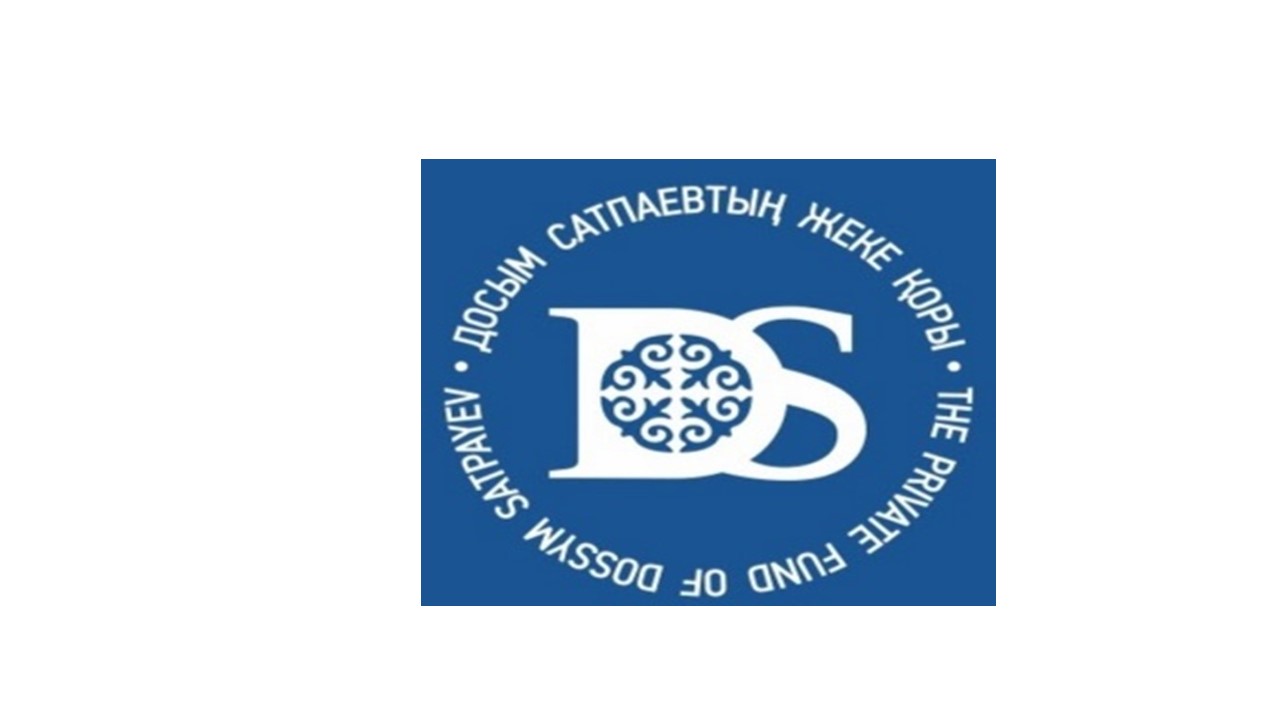
On May 12, 2020 about forty people participated in the fourth webinar in a series of webinars on key environmental issues in Kazakhstan. This webinar was dedicated to air quality issues in the cities of Kazakhstan.
The discussions were initiated by the Kazakh-German University in a partnership with the Private Fund of Dossym Satpayev, with the support of the OSCE Centre in Nur-Sultan, the Friedrich Ebert Foundation in Kazakhstan, and the online eco-journal LivingAsia.
The webinar consisted of two components: the first — presentations from environmental experts and the second — discussion and answers to questions from participants.
Thematical support was provided by expert scientists from the laboratory «Ecology of Biosphere», Al-Farabi Kazakh National University, East Kazakhstan State Technical University named after D. Serikbayev, ans also from the side of independent experts in the field of transport policy.
During their presentations, speakers provided information on condition of air quality in cities of Kazakhstan. In particular, speakers told about the main sources and level of air pollution and existing risks for health of the population of Kazakhstan, as well as related economic losses.
«Numerous studies have proven the relationship between air quality and mortality risk. Ozone monitoring is not presented in all cities. Although, according to WHO, ozone is a priority pollutant that has a strong impact on health and therefore a modern monitoring system should include ozone. In Almaty, there is no monitoring of ozone. Also, the state of air quality will deteriorate if we continue to use the «business as usual» model”, — Ayimgul Kerimray, PhD Postdoctoral Research, Laboratory «Ecology of the Biosphere», Al Farabi Kazakh National University (Figure 1).
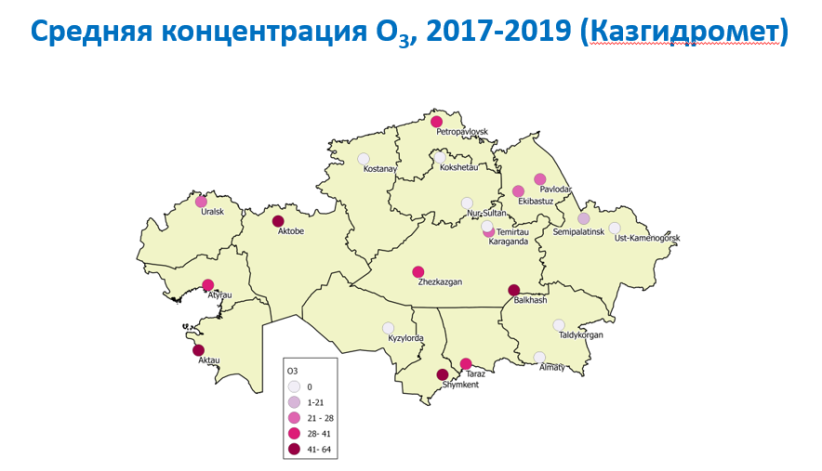
Picture 1 Average concentration of ozone in Kazakhstan, source: presentation of Ayimgul Kerimray, PhD Postdoctoral Research, Laboratory «Ecology of the Biosphere», Al-Farabi Kazakh National University, 12 may 2020, Webinar: Air quality in the cities of Kazakhstan”
Also, speakers highlited the importance of air quality monitoring processes and environmental regulation of emissions in Kazakhstan, that enable to design targeted programmes and measures to prevent negative effects on both the environment and the population.
«The results of the practical monitoring of volatile organic compounds in the air of Almaty (benzene, toluene, ethylbenzene, oxylene) showed that the average values in April 2020 were 3 and 2 times higher than in 2015−2019, ethylbenzene and o-xylene 4 and 2.7 times lower. High concentrations of benzene and toluene during three days of quarantine sampling and toluene to benzene ratios suggest that these compounds originated from coal-related sources, such as power plants and households, and possibly episodic cases of waste incineration, baths and bus stops», — Nasiba Baymatova, PhD Postdocorant of Al-Farabi Kazakh National University, Head of Laboratory «Biosphere Ecology». (Figure 2).
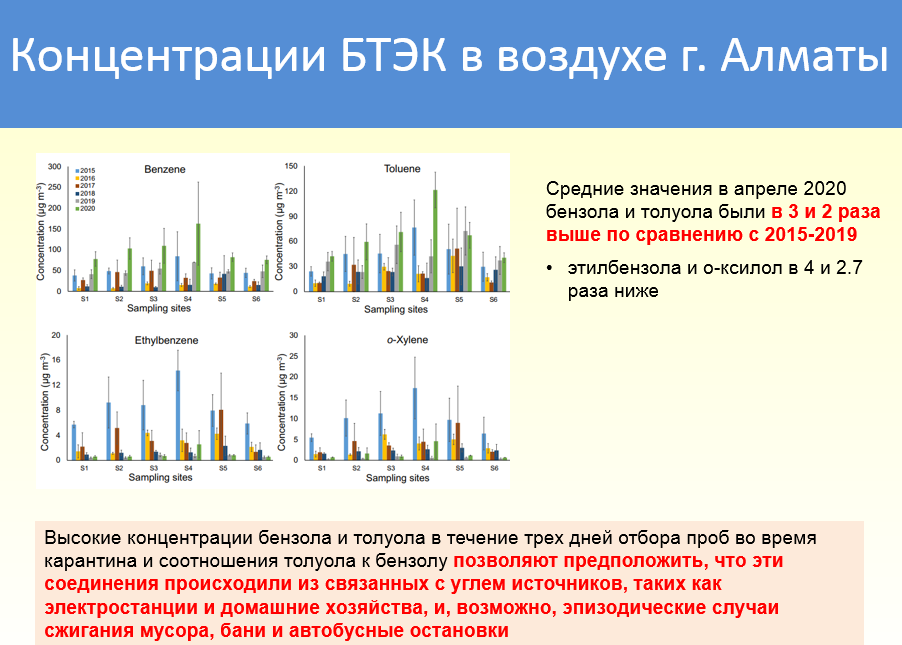
Picture 2 Concentration of volatile organic compounds in the air of Almaty city, source: presentation f Nasiba Baymatova, PhD Postdocorant of Al-Farabi Kazakh National University, Head of Laboratory «Biosphere Ecology”, Al-Farabi Kazakh National University, 12 may 2020, Webinar: Air quality in the cities of Kazakhstan”
Important emphasis was placed on air pollution due to transport emissions. Common approaches to supporting sustainable and low-carbon transport modes were presented, and measures were proposed for Kazakhstan in this area.
«Emissions from motor vehicles contain substances with varying degrees of toxicity. And these substances have different degrees of carcinogenicity and impact on the human body. Unfortunately, there is very little research and work on the impact of these substances on human health in Kazakhstan. — Elena Erzakovich, experts in transport policy.
This webinar recording is available at the following link
For more information please contact: Maria Genina, Kazakhstan-German University, genina@dku.kz
In cooperation with
